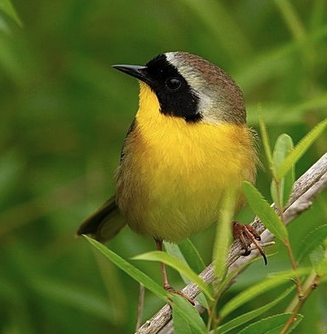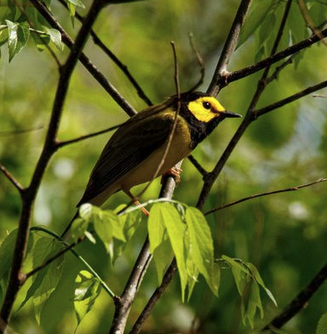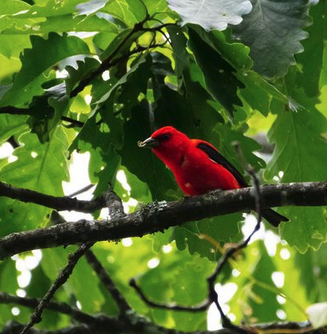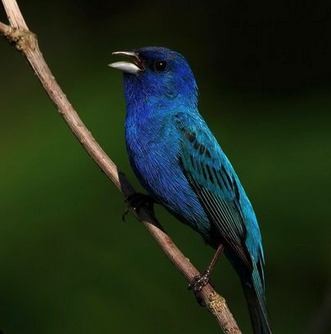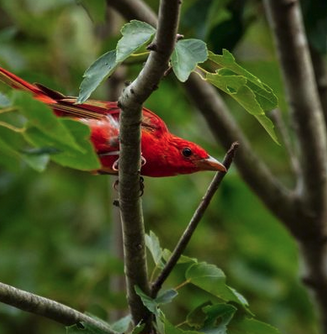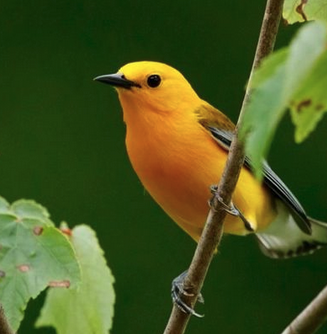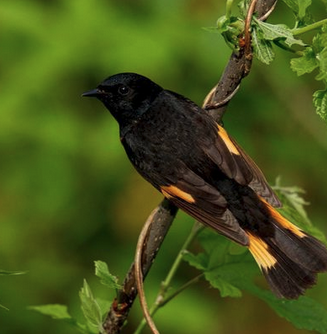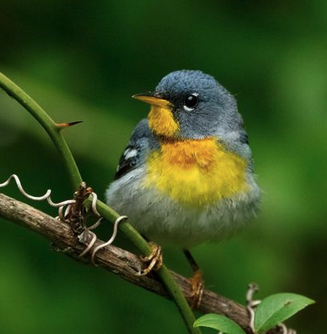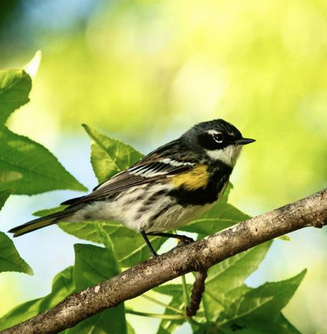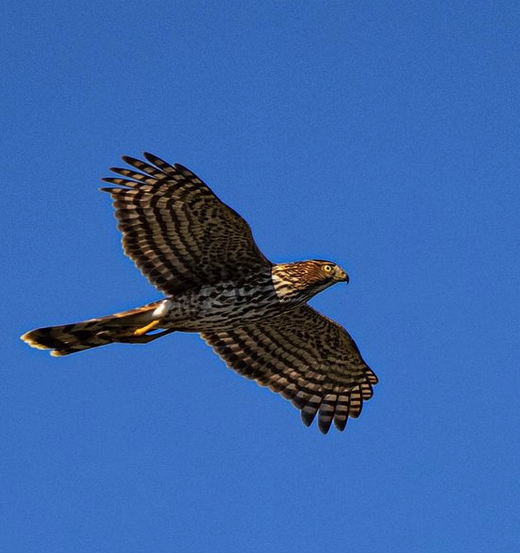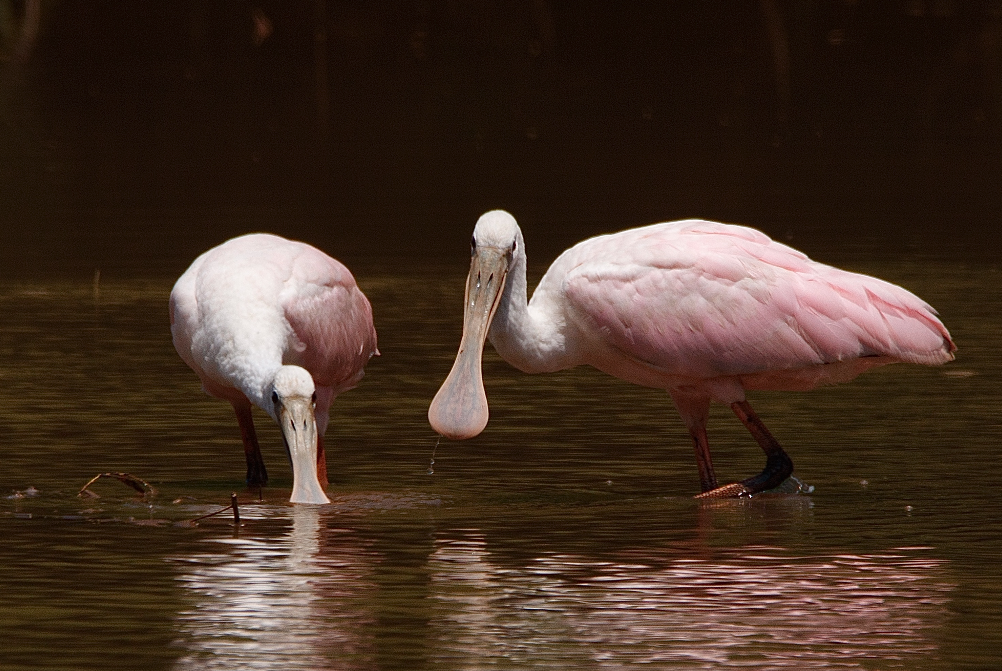By Sally Siko
One of the most fascinating species of birds that I enjoy photographing are Anhingas.
While on a recent birding trip at Huntington Beach State Park I was lucky enough to observe this one using its sharp bill to spear a fish, flip it into the air, and then swallow it head-first!
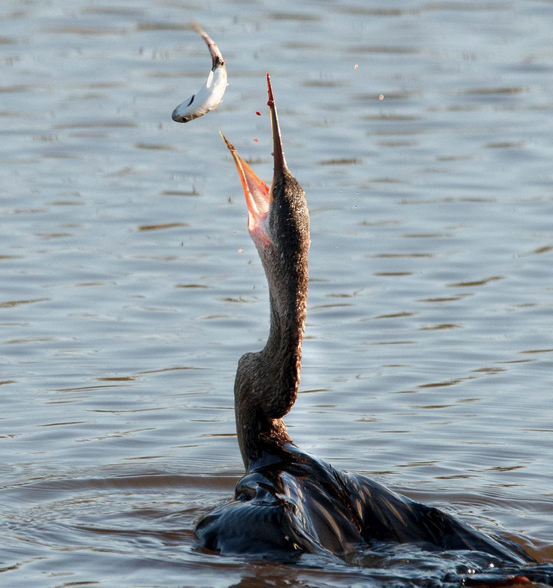
Anhingas are actually a species that is on the increase here in the Tarheel State. They favor habitats containing freshwater with cypress trees and are most often spotted hunting for a meal in swamps, ponds and lakes in the coastal plain and in the eastern Piedmont regions.
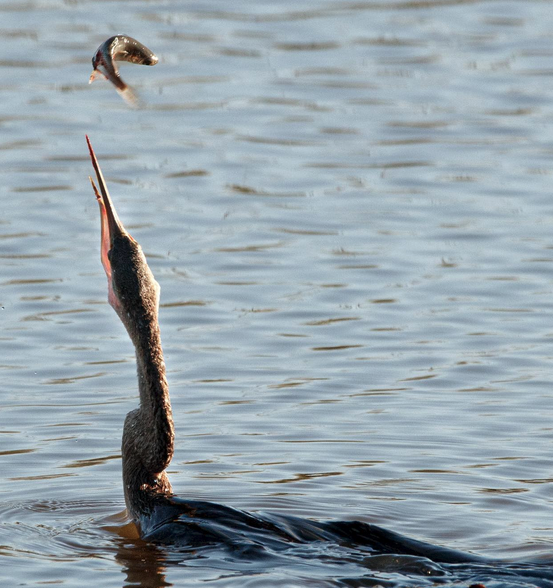
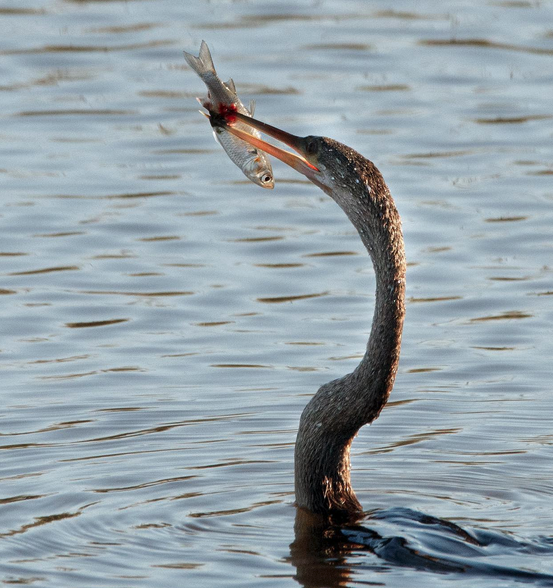
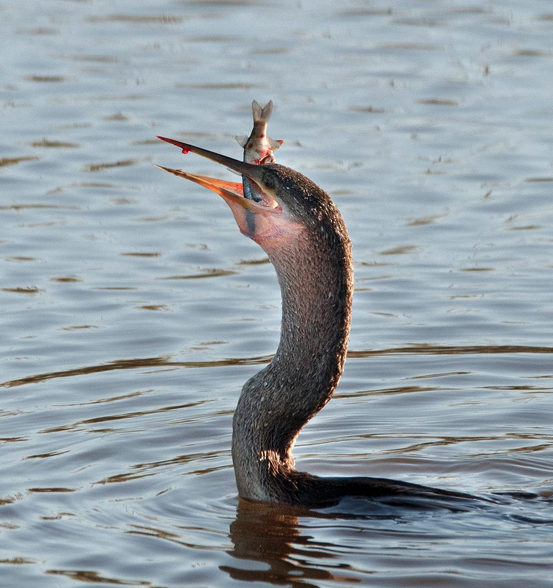
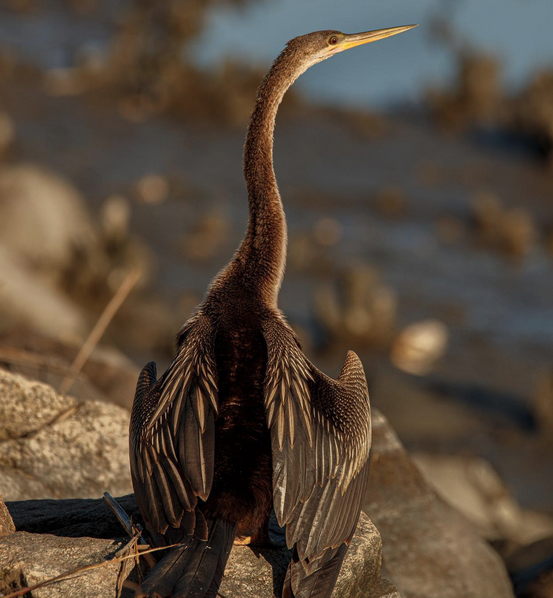
As you may have guessed, Anhingas eat a wide range of aquatic creatures such as fish, crayfish, small invertebrates, insects, and frogs.
Masters of underwater hunting expeditions, they are super entertaining to watch wrangling a meal.
In fact, they’ve evolved with some unique ways to hunt underwater more efficiently.
For one, they lack the water proofing oils found in duck species. Since (surprisingly) they’re not the strongest swimmers, they become waterlogged once their feathers become saturated. This added weight allows the Anhinga to dive deeper than it could if it was waterproof.
Another specialized feature of the Anhinga is that they do not have nostrils. This adaptation means they’ve got no worries about accidentally breathing in water while hunting below the surface.
As for the fish flipping technique shown here?
Well by tossing the fish into the air, the Anhinga is trying to manipulate its prey into a head-first downward position so that the fish doesn’t get caught in its throat.
Pretty cool, huh?
I think that it’s neat that a bird that looks like it belongs in the Jurassic Period would actually be the one species which is holding the latest in cutting edge freshwater hunting physiology, lol!
Photos by @sally_siko of @birdwatching_nc on the full frame beast of an SLR, the mighty @canonusa
#5Ds

